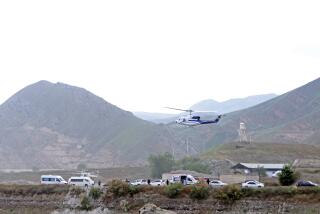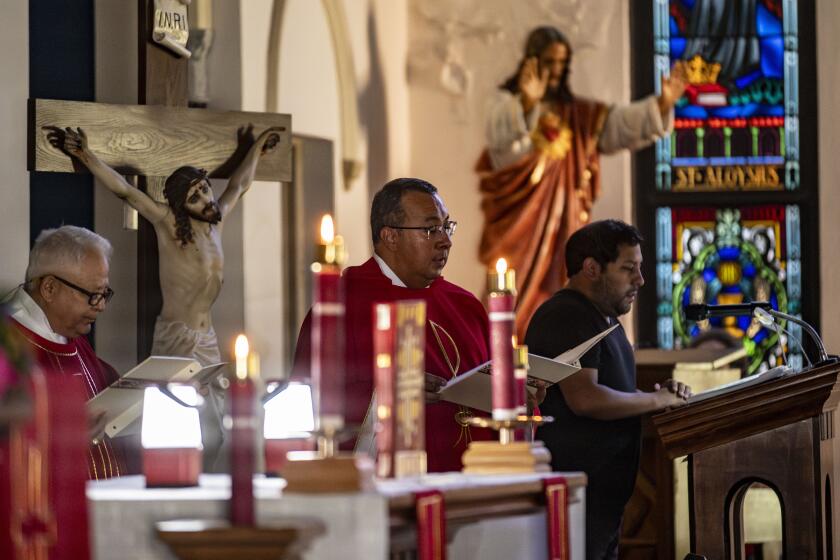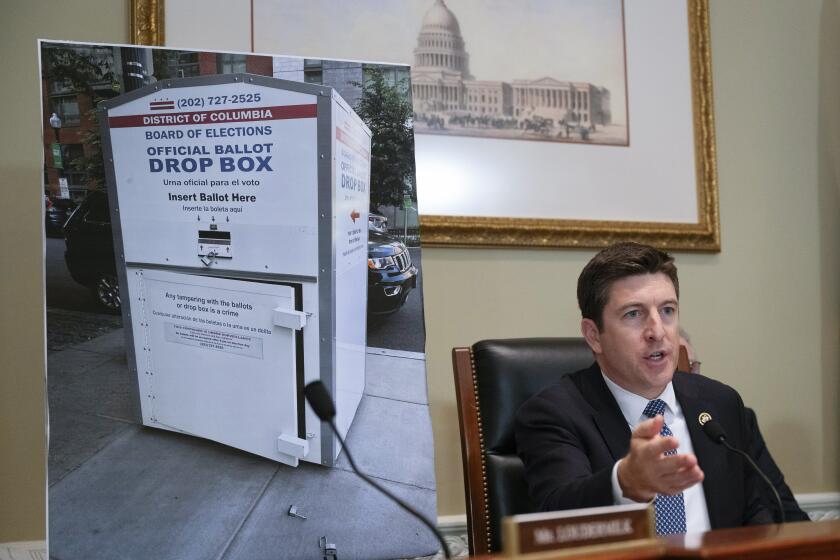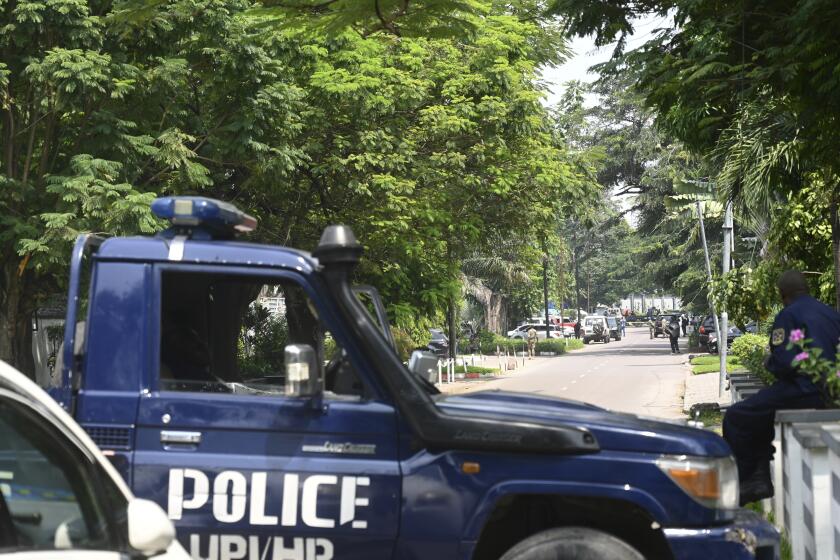Tonga Has 2000 Reasons to Set Its Clocks Ahead
The small Polynesian kingdom of Tonga is trying to be the first to reach the millennium by adopting daylight saving time, thereby jumping an hour ahead of Fiji.
Tonga’s 27-member parliament will be asked to approve a bill to move the country’s more than 100,000 people one hour ahead from November to February.
Appealing for approval of the bill, the Tonga Visitors Bureau said Friday that the kingdom, whose tourist arrivals slumped recently to fewer than 20,000 annually, could expect 12,000 visitors in December and January.
The bureau said that up to 5,000 cruise passengers could be added if it convincingly sold Tonga as being ahead of everyone else into the year 2000.
That would thwart claims by Fiji and parts of New Zealand.
Tonga lies just east of the 180th meridian, along which the international date line roughly runs. But to be in harmony with Australia and New Zealand and avoid being a day behind them, it invoked international convention years ago to have the international date line bent to the east.
Tonga’s traditional rival, the far larger Fiji, has three of its islands--Vanua Levu, Rabi and Taveuni--bisected by the 180th meridian.
Fiji is emphasizing this in promoting itself as the only place where people celebrating the millennium can truly claim to be first into 2000.
But to avoid having half its area a day behind the other half, Fiji, like Tonga, long ago had the international date line bent to the east of its easternmost islands.
Some Fiji residents urged the government to enact special legislation to temporarily fix time zones on the three islands bisected by the 180th meridian to enable celebrators to go back and forth between the 20th and 21st centuries or be photographed with one foot in 1999 and the other in 2000. The government turned down the request.
More to Read
Start your day right
Sign up for Essential California for news, features and recommendations from the L.A. Times and beyond in your inbox six days a week.
You may occasionally receive promotional content from the Los Angeles Times.






